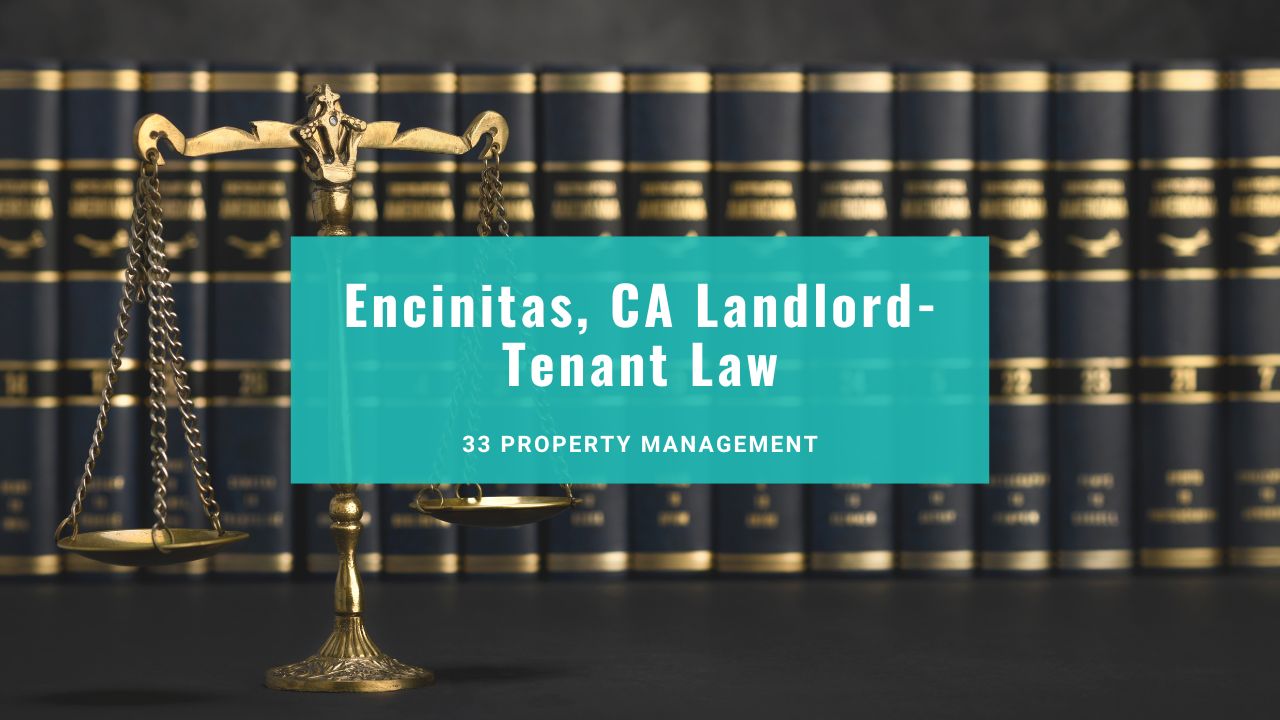Key Takeaways
- - California Landlord-Tenant Law Sets Strict, Mandatory Guidelines - The law outlines required disclosures, habitability standards, rules for security deposits, rent increases, property access, and eviction procedures, making full compliance essential for any landlord.
- - Both Tenants and Landlords Have Defined Rights and Responsibilities - Tenants are entitled to safe, habitable housing, proper notices, fair treatment, and legal remedies, while landlords have the right to enforce leases, collect deposits, and evict for just cause, balanced by obligations to maintain the property and follow legal processes.
- - Key Regulations Cover Evictions, Deposits, and Rent Control - California enforces strict rules on just-cause evictions, limits security deposit amounts, requires timely deposit returns, and caps rent increases under AB 1482, ensuring stability and protections for both parties.
The California landlord-tenant law provides both landlords and residents with clear rules. The law defines each party’s rights and responsibilities when it comes to security deposits, resident eviction procedures, and lease termination requirements.
Other things the California landlord-tenant law makes clear include property access rules, repair obligations, and rent limits. As a landlord, following these rules and regulations isn’t optional, it’s mandatory and essential if you want to succeed as a landlord.
In this blog by 33 Property Management, you’ll learn all the important basics of the California landlord-tenant law.
Required Landlord Disclosures
The following are some of the specific disclosures California landlords must provide to their residents:
- - Concentrations of lead-based paint if the building you’re renting out was built before 1978.
- - Written information on how residents must report bed bug infestations.
- - Documentation about any known mold conditions.
- - The smoking policy.
- - Whether the property is located in a designated flood hazard area.
- - The resident’s right to access the sex offender registry.
California Tenant Rights & Responsibilities
After moving into the property, landlord-tenant laws in the state of California grant residents the right to:
- - Be provided with a property that meets habitable standards specified under the state’s Health & Safety Code § 17920.3.
- - Take legal action against the landlord for not fixing repairs after proper notification.
- - A proper eviction exercise for lease violations.
- - Interest payments on the security deposit if it’s held in an interest-bearing account.
- - A written notice before a rent increase.
- - Equal treatment per the federal, state, and local Fair Housing law.
- - A minimum advance notice of 24 hours before the landlord can access the unit for lawful purposes.
- - A rent receipt upon request.
Residents also obtain certain responsibilities in a rental agreement. The resident must:
- - Follow all terms of the lease, including paying rent on time, every time.
- - Keep the rental unit clean and sanitary.
- - Use the unit for its intended purposes.
- - Make minor repairs per the rental agreement.
- - Promptly notify the landlord of needed repairs or maintenance.
- - Not cause negligent damage to the property.
- - Respect the peace and quiet of other residents and neighbors.
California Landlord Rights & Responsibilities
Landlords in California enjoy the right to:
- - Evict a resident for not keeping any term of the rental agreement.
- - Collect a security deposit from the resident before they can move in.
- - Hold a resident liable for all rent remaining under the lease.
- - Access the unit for certain lawful purposes.
- - Charge a fee for any rent the resident pays late.
- - Draft a lease and enforce all of its terms.
- - Screen prospective residents based on fair and consistent qualifying criteria.
- - Not to renew the lease agreement after it expires.
And just like residents, landlords also have specific responsibilities under California law. Landlords must:
- - Provide a unit that meets the minimum habitability conditions.
- - Abide by the state’s security deposit rules when requiring it from residents.
- - Follow the due process when terminating a lease early.
- - Abide by AB 1482 when raising rent.
- - Only enter the unit for lawful purposes, such as inspections, maintenance, and property showings.
- - Draft a proper rental agreement that aligns with all applicable laws.
- - Charge reasonable late fees.
An Overview of the Landlord-Tenant Laws in California
As a landlord it’s important to note that the laws are subject to change. As such, you must remain up-to-date to ensure full legal compliance. That said, here are some of the elements that make up California’s landlord-tenant laws:
Security Deposits
In California, there is a limit on how much security deposits you can collect from residents. Generally speaking, landlords can only change one month’s rent as a security deposit. Aside from the maximum limit, other rules include:
- - Only making allowable deductions for things like unpaid rent, certain unpaid utilities, and cleaning costs when the property is left in an excessively messy condition. And for any repairs needed to return the property to the condition it was in at time of move in minus reasonable wear and tear.
- - Returning the deposit, minus any allowable deductions, within 21 days after the resident moves out of the rental property.
Tenant Evictions
In California, landlords can evict residents for “just causes.” These are legally recognized reasons for eviction, and include:
- - Nonpayment of rent.
- - Lease violations.
- - Failure to move out after the lease ends.
- - Foreclosure.
- - Illegal acts.
You must then pursue the proper eviction procedure based on the specific just cause and go through the local court system. You must not try to use illegal means to get the resident to move out, such as “self-help” methods, or those based on discriminatory or retaliatory reasons.
Bottom Line
These are the important basics of the California landlord-tenant law to keep in mind when renting out a property. This will be key for legal compliance, as well as a solid landlord-tenant relationship.
If you need expert property management help, look no further than 33 Property Management. We have over 20 years of experience helping rental property owners in North County reduce stress and maximize their ROI. Get in touch to get started!
Disclaimer: Please note that the information provided in this blog is intended for general guidance and should not be considered as a replacement for professional legal advice. It is important to be aware that laws pertaining to property management may change, rendering this information outdated by the time you read it.










